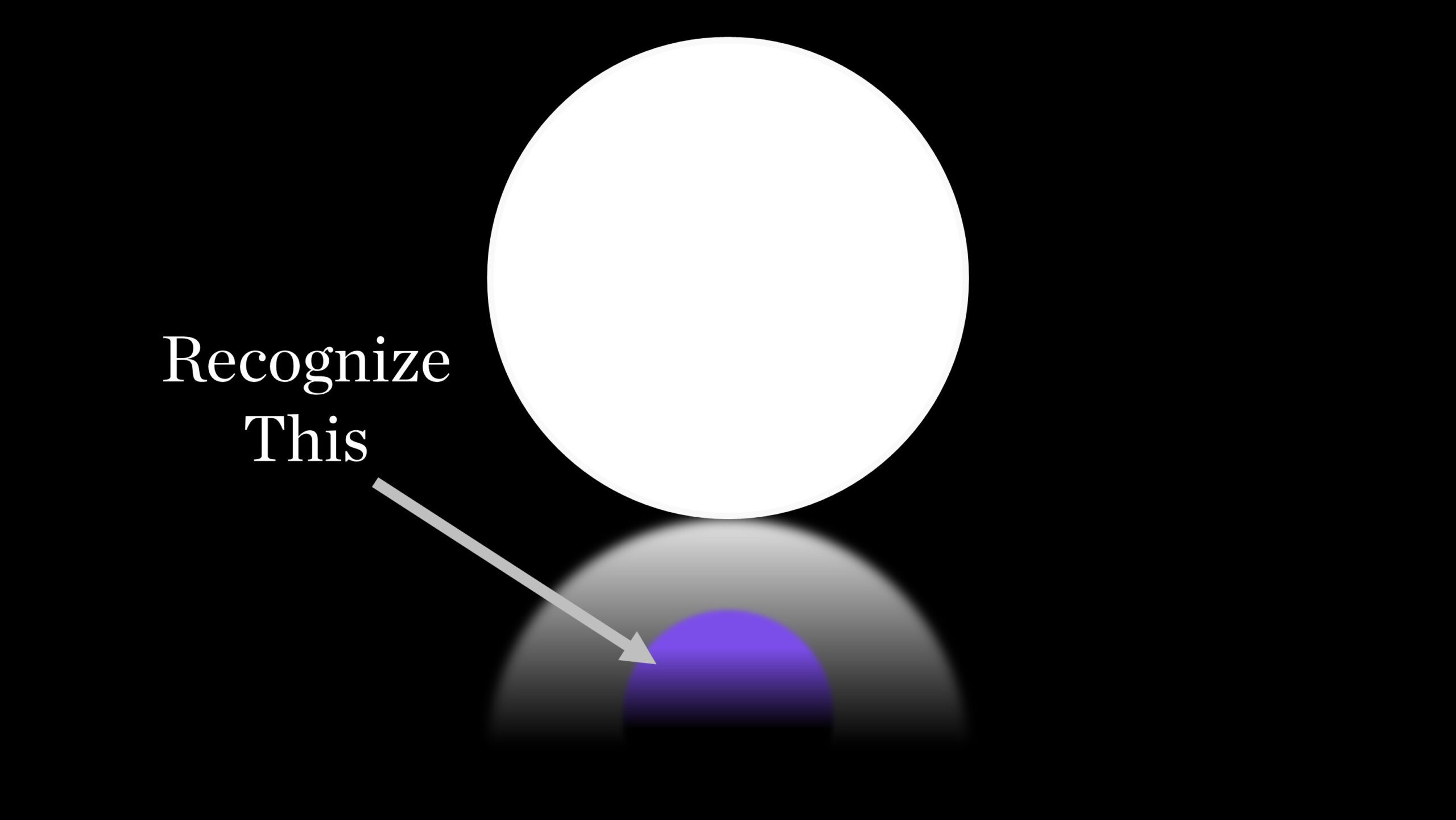Article last updated on September 26, 2022
It is normal to ask yourself, “What is holding me back?” and, in fact, being honest with yourself about this will help you move forward.
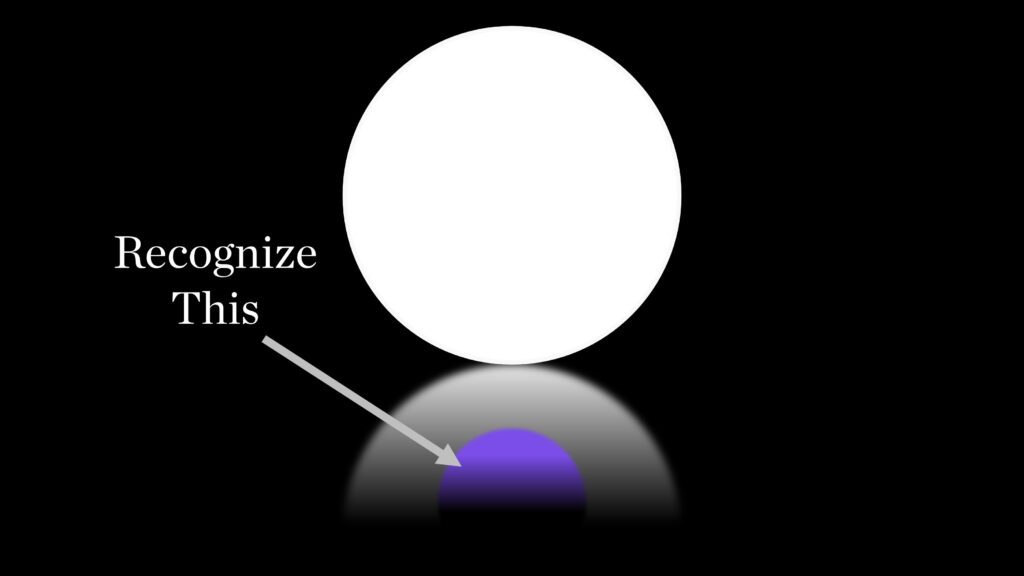
The first step is to realize that there is nothing wrong with you.
Most online advice says that what is holding you back is limiting beliefs, which is in part true, but the deeper issue is a lack of self-worth. You need to love yourself before you can truly be free from your own limitations.
And I’m not talking about some woo-woo way of understanding yourself, but actually coming up with concrete ways to understand yourself and start having respect towards yourself.
After reading this article, you will finally understand what is holding you back and how to overcome it.
Stored Emotions Are Holding You Back

The reason why emotions are so powerful is because they are stored energy. When we feel something strongly enough, we store it somewhere inside ourselves.
For example, if someone hurts us deeply, we might feel sad for days, months, or even years.
We would move on to live our lives, but with those feelings still lingering inside.
This is where most people get stuck. They don’t know how to let go of their negative emotions.
In fact, people become associated with these negative emotions and think they are part of their identity.
They believe that they cannot change them, and therefore they do not try.
If you don’t want to live like this anymore, then you have to learn how to let go of your negative stored emotions. That is holding you back.
Yes, you could work hard at changing your life, but unless you also change your emotional state, you will regress back to old habits.
To notice your negative emotions, you must be able to observe them without judgment. You can only do this when you stop thinking about them as bad things.
That’s where the skill of self-awareness comes in.
Work on self-awareness
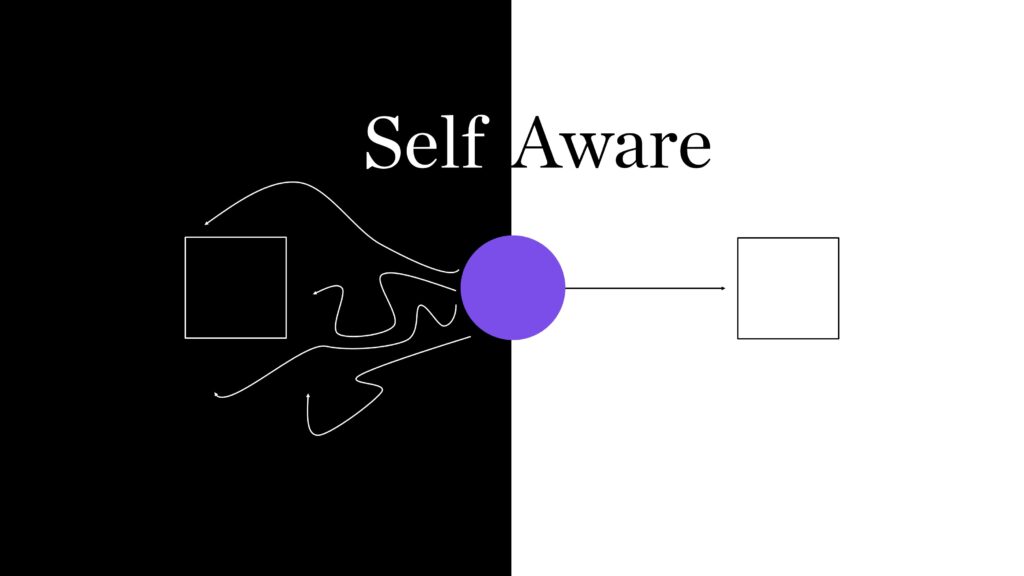
Self-awareness means knowing who you really are. It is important to be aware of your emotions, thoughts, and behaviors. If you’re not aware of any one of these, you won’t be able to make changes.
That’s why self-awareness has two parts:
- Internal self-awareness: This is understanding your inner world. What are your thoughts, feelings, and beliefs?
- External self-awareness: This includes your behavior, actions, and interactions with others.
You should be aware of both sides of yourself.
It is easier to be aware of your external side than your internal one.
The reason is that you can reflect back on what you have done throughout the day and how you behaved while interacting with other people.
When you notice some strange behavior, you can ask yourself, “Why am I behaving like this?”
That could be a pattern of stored emotion that needs to be released.
It is usually easier to identify an emotional start caused by external stimuli than to recognize an internal cause.
So, when you notice yourself being angry or upset, instead of asking “why” you should ask “what triggered me?”.
Then you can look into your past experiences and see if there was anything similar. If you find out that there was, then you can release the emotion.
The more you work on self-awareness, the better you will be able to identify your patterns of behavior. Just don’t overly analyze everything.
Analysis leads to overthinking, which makes you lose focus on seeing the big picture.
Simply recognize what emotions are stirred up by certain situations and then let them pass through.
Don’t analyze them.
Don’t judge them.
Let them go.
Be conscious of your body language
Body language is another way to understand your emotions, and this is important because, remember, your emotions are what are holding you back.
They shape your perception of reality and determine how you interact with everything around you.
Your body language reflects your emotions.
When you’re feeling down, just look at your body language. Do you slouch? Do you frown? These are signs that you’re emotionally low.
But it does not have to be this way.
You can forcefully change your body language. Here’s how: Go for a workout. Just move your body.
Play sports. Dance. Jump rope. Run. Anything that gets your blood pumping.
This will help you override your emotions and get rid of those unwanted feelings in that moment.
But it’s very important to remember that it will do this for only a short period of time. This isn’t a long-term way to get rid of negative feelings, but it’s important for temporary relief.
Living in Comfort Will Hold You Back

Besides your emotional state (which is the foundation for anything that will hold you back), living in comfort also holds you back.
When you are content and comfortable, you tend to stay put.
You don’t want to make any changes because they might disrupt your current lifestyle.
The fact that is hard to accept when we are in this situation is that when we are not growing, we are actually slowly wasting our lives away.
Comfort is one of those things that looks desirable on a surface level, but deep down inside, we know it isn’t good for us.
We all strive for safety and comfort, but once we achieve it, we start to atrophy of our potential.
If you feel stuck in life, take a look at your comfort zone.
Are you lowering your standards just to stay in your comfort zone? Are you slowly dulling your vitality and, in turn, developing a sense of complacency?
Be mindful of this because that will lead you to a pattern of holding yourself back from almost anything in life.
Regression caused by comfort

As mentioned earlier, comfort is one of those things we seek, but it’s not always healthy.
It’s easy to fall into a rut and become stagnant.
Once we stay in a comfort zone, we begin to regress. We stopped progressing. We start doing the same thing over and over again.
You will wonder why things seem harder to achieve when, in reality, you’ve just been slowly accepting lower and lower comfort levels.
Regression is slow and subtle, so it’s easy to miss. But if you notice a decrease in your energy or an increase in procrastination, it could mean that you are regressing.
So the solution to this is an inverse of the problem, i.e., slow progression out of your comfort zone.
Perhaps your current measure of success is getting up early and working out every day. That’s great, but if you just keep at it, you’ll eventually have stagnant growth.
We need to level-up our measure of success and include other areas of our lives.
Take a step back and zoom out. What else would you like to accomplish?
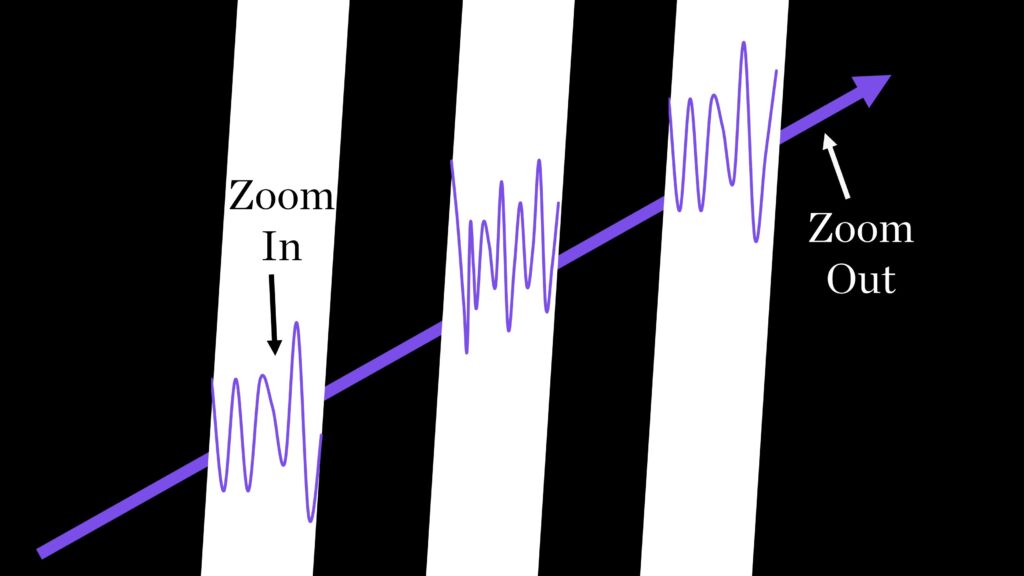
What have you been avoiding accomplishing and have you started to compensate for it with?
The thing you are avoiding is actually your path towards growth. It is a path towards eliminating what is holding you back.
Again, your emotional state is what will help you to overcome this limitation. If you let go of stored negative emotions, your perception of self-worth will improve, which in turn will allow you to take action.
Habits That Are Holding You Back
Habits are nothing more than patterns of behavior that we repeat over and over again. They can be positive or negative.
Think of it like a feedback loop. The more you do it, the more assurance you get from it.
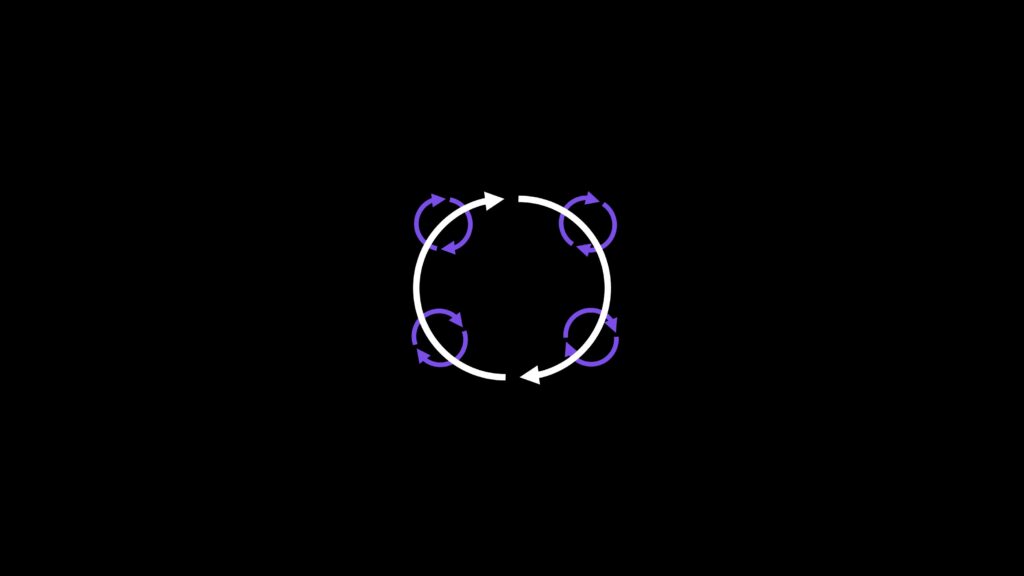
Habits that are frictionless and short-term rewarding are ones that we tend to engage in more often than others. They give us instant gratification and satisfaction.
That’s why social media is so addicting. With one swipe of your finger, you get a dopamine hit, and if you want another one, you just have to move your finger one more time. No effort, no work required.
And it’s no surprise why you can lack the willpower to do more complicated tasks.
The more we spiral down into this habitual behavior, the more we’ll get confused and ask ourselves “What is holding me back?” because low-effort habits become so engrained in us.
Habits can be coping mechanisms

Recognize that habits can be coping mechanisms and, in turn, hold you back from doing anything that does not involve them.
Again, this is an emotional problem because the reason why some habits that are not serving us in the long run are formed is because they provide immediate relief from stress.
But we can change this only once we feel it is time to change.
You can think of the perfect action plan, action steps, and consistent actions you can take, but if you emotionally don’t feel ready to make changes, the change would not be permanent.
For example, I’m sure many of you have heard about people who smoke cigarettes to cope with their anxiety.
I was a smoker and managed to quit when I was disgusted by myself.
Once you see that what you are doing is not serving you anymore, you can start making changes, and what is holding you back automatically becomes eliminated.
Conclusion
What is holding you back is nothing more than your emotional state. It is easier said than done to be honest with yourself and objectively see what stored emotional patterns are holding you back.
The solution to this is to first be self-aware of what externally triggers your emotions and then recognize your own internal reactions to those external triggers.
Those internal reactions are the source.
You can alter your body language to temporarily relieve your emotions, but at the end of the day, you need to address the root cause of the issue.
Additionally, the level of your comfort and the habits you embody will play a role in how fast you’ll be able to remove this blockage.
Just don’t judge yourself for being unable to overcome these limitations in one day. It takes some time to understand your stored emotions and then let them go. Judging them will just stuff them up even further.


